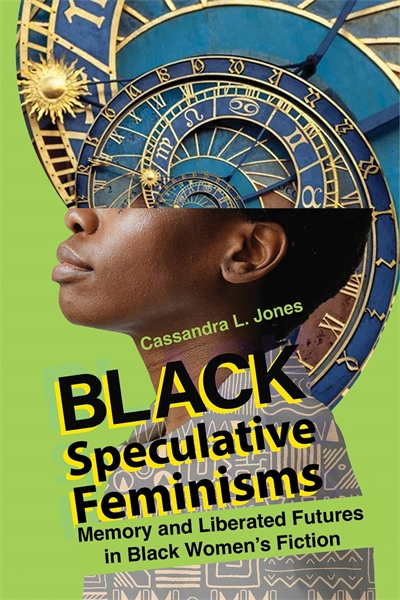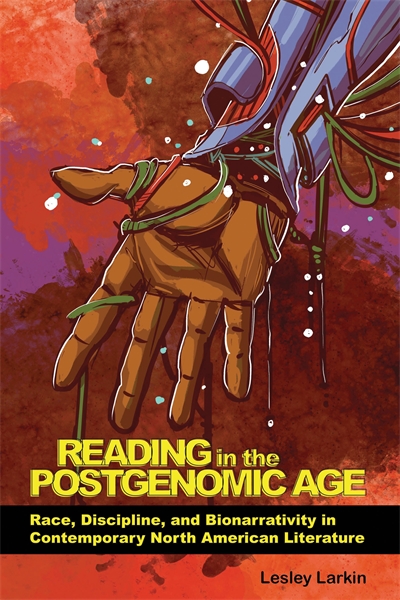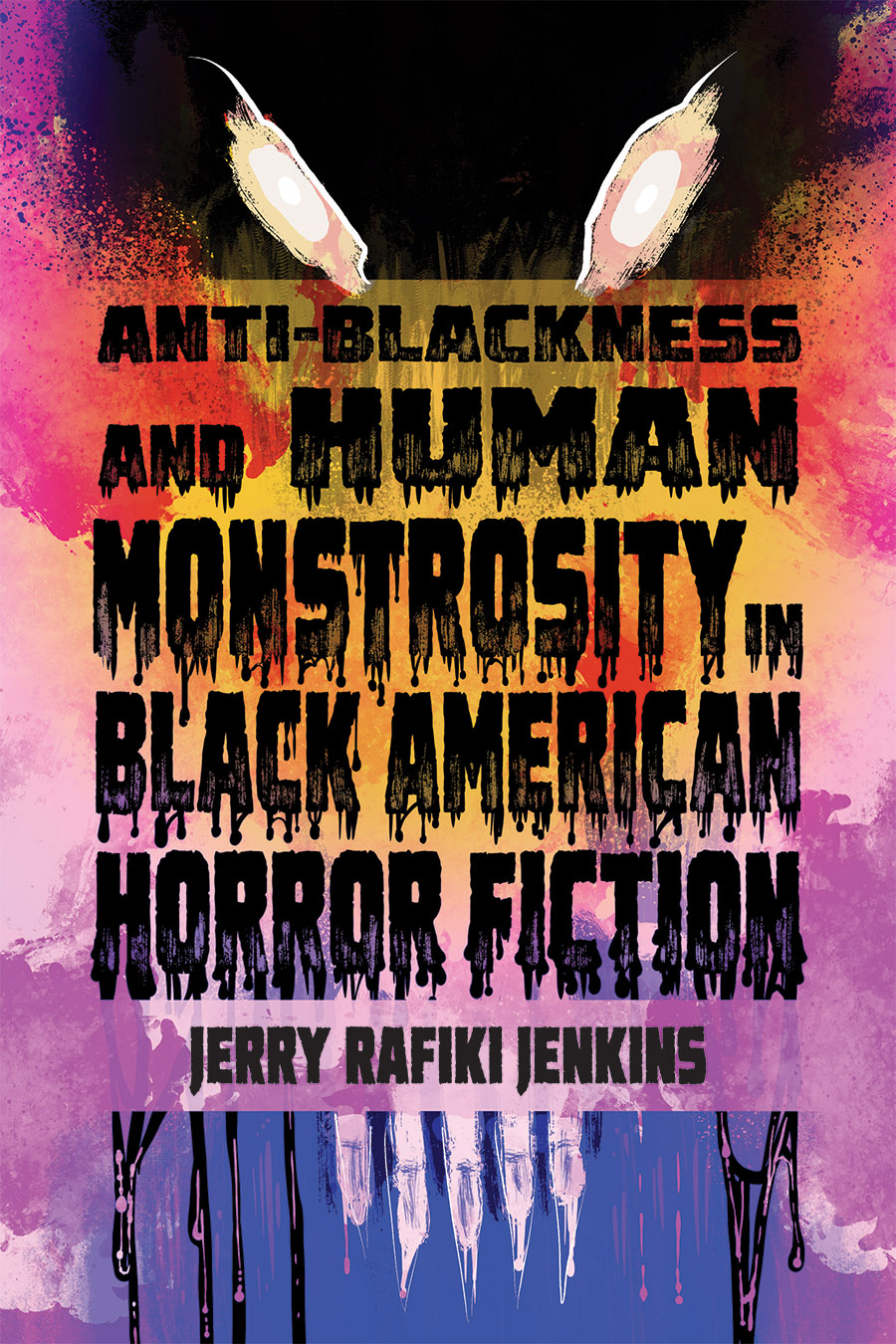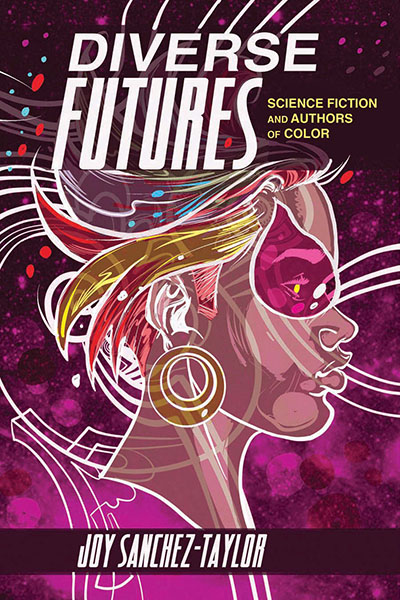“Larkin elegantly links together a wide range of topics....[Her] language is clear, and her examples are always cogent, providing abundant material for considering the multiple forces shaping narratives in the present. Summing Up: Highly recommended. Graduate students and faculty.” —S. Magedanz, CHOICE
“Larkin eschews simplistic definitions of utopia or apocalypse, instead recognizing how the humanities and sciences—like the neoliberal global capitalist cultures that produce them—are not always humane. Reading in the Postgenomic Age joins Josie Gill’s Biofictions as among the most valuable monographs on genetics and literatures so far this decade.” —Everett Hamner, author of Editing the Soul: Science and Fiction in the Genome Age
“Through perceptive and elegant close readings, Larkin proposes a self-reflexive reading practice that is inventive and attentive to ethical questions across disciplines. Pointing to the mistake scholars often make in thinking that the humanities exist to ‘make more ethical’ the ‘objective’ natural sciences, she demonstrates a more entangled relationship.” —Paula M. L. Moya, author of The Social Imperative: Race, Close Reading, and Contemporary Literary Criticism
In Reading in the Postgenomic Age, Lesley Larkin analyzes how writers across literary genres have reckoned with the launch (in the early 1990s) and completion (in 2003) of the Human Genome Project and the ways it has fallen short of its promise to do away with spurious notions of race. Authors such as Margaret Atwood, Octavia Butler, Ruth Ozeki, Rebecca Skloot, Gerald Vizenor, and others demonstrate that genomics is a premier terrain upon which race is being reinscribed and reimagined in both scientific and mainstream contexts. Through construction of alternate genealogies, invention of hybrids, and citation of the textual metaphors replete within genomic discourse, these writers have illuminated the ethical, cultural, social, and political ramifications of genomic research, attuning readers to postgenomic discourses of race and power. At the same time, Larkin contends that literature’s engagement with genomics goes beyond its initial critique to comment self-reflexively on the practices and value of literary studies. Ultimately, she argues that contemporary writers outline a new ethical matrix for reading race in the postgenomic era—and rethinks literary criticism within this new paradigm.
Lesley Larkin (she/her) is Professor of English at Northern Michigan University. She is the author of Race and the Literary Encounter: Black Literature from James Weldon Johnson to Percival Everett and coeditor of The Encyclopedia of Contemporary American Fiction, 1980–2020.
Contents
Contents
Acknowledgments
Introduction Reading in the Postgenomic Age
Part 1 Life Writing
Chapter 1 To Split or to Lump: Parsing Textual Metaphors in Siddhartha Mukherjee’s The Gene: An Intimate History
Chapter 2 From HeLa Cells to Happiness Genes: Reading and Writing Life in Rebecca Skloot’s The Immortal Life of Henrietta Lacks and Richard Powers’s Generosity: An Enhancement
Part 2 Vampire Projects
Chapter 3 Stories in the Blood and Bone: Therapeutic Bionarrative Signatures in Gerald Vizenor’s The Heirs of Columbus
Chapter 4 Reading the Flesh and Fleshy Reading in Octavia Butler’s Fledgling
Part 3 Usable Futures
Chapter 5 Usable Futures and Trans-Corporeal Reading in Alina Troyano’s Chicas 2000
Chapter 6 The Humanities and the Inhumanities: Rereading Discipline and Species in Margaret Atwood’s MaddAddam Trilogy
Works Cited
Index
Related Titles:

Black Speculative Feminisms
Memory and Liberated Futures in Black Women’s Fiction
Cassandra L. Jones




